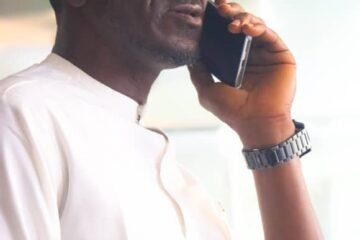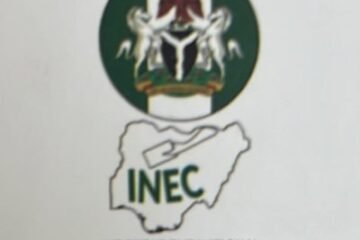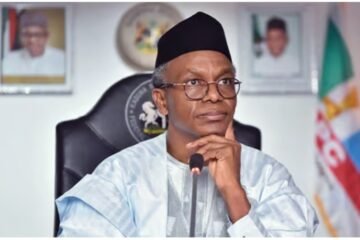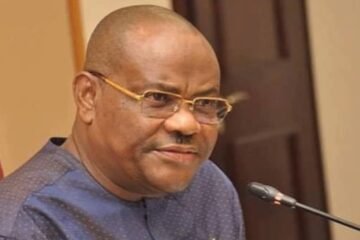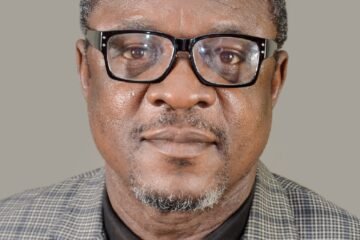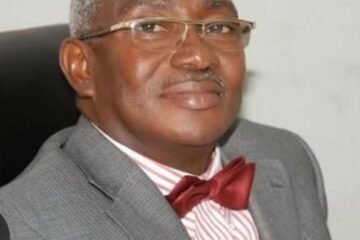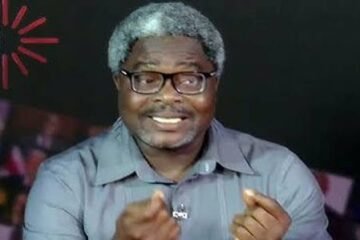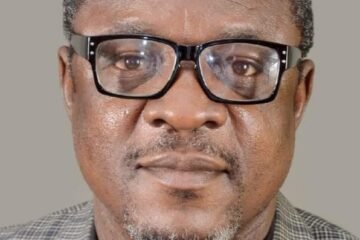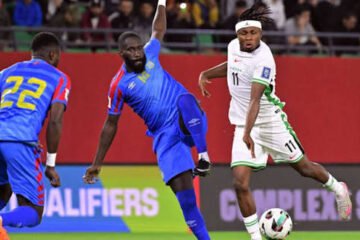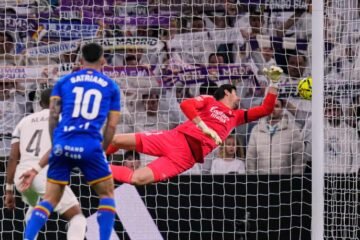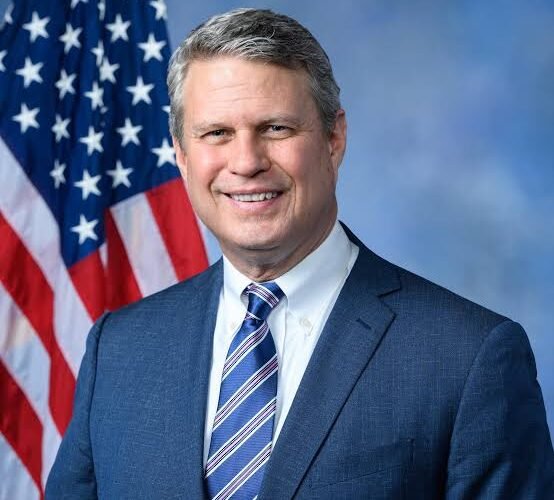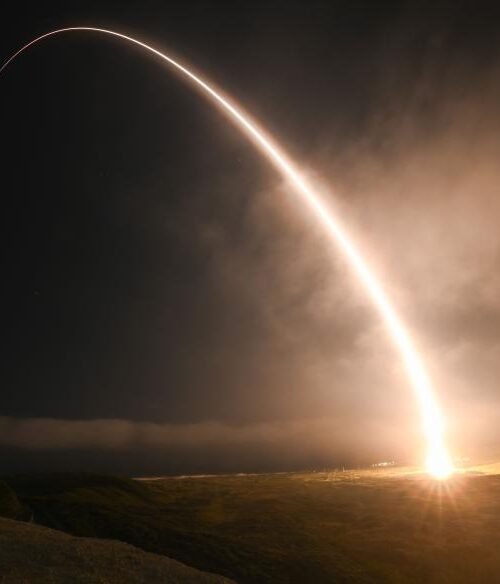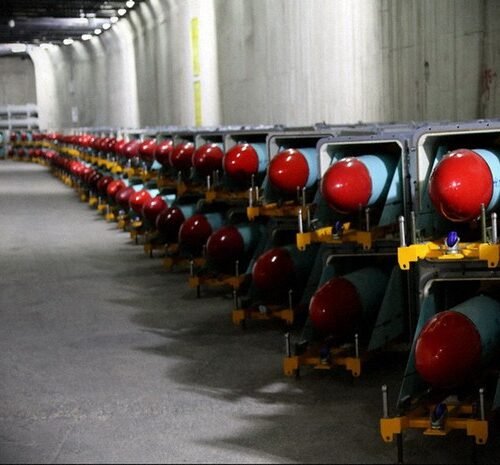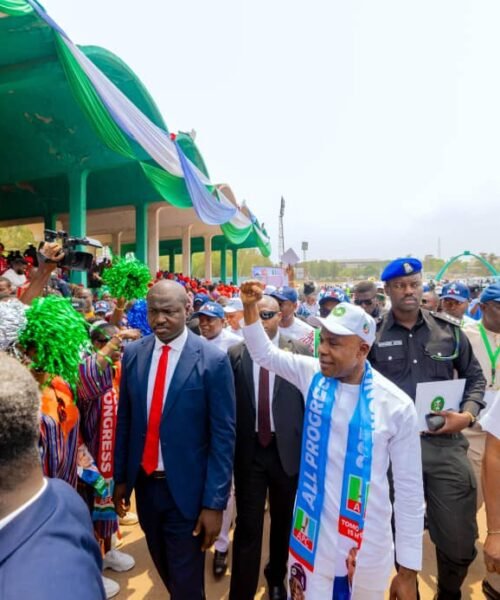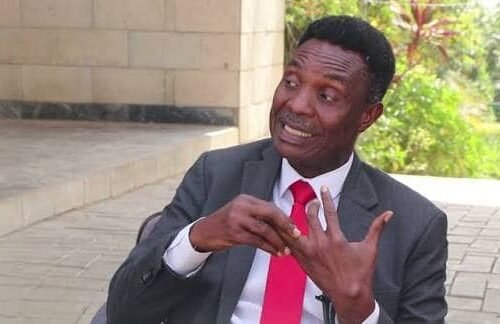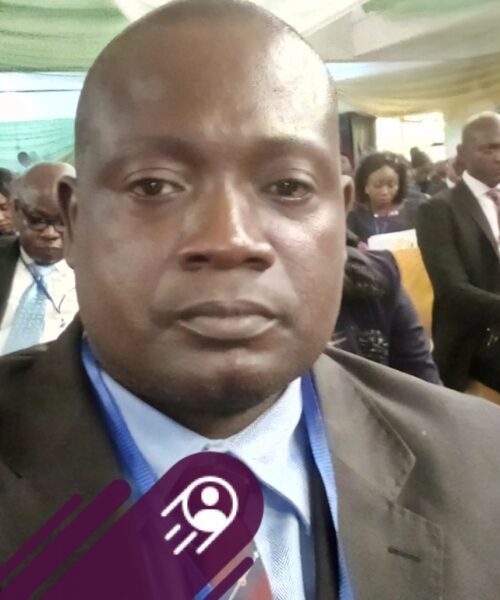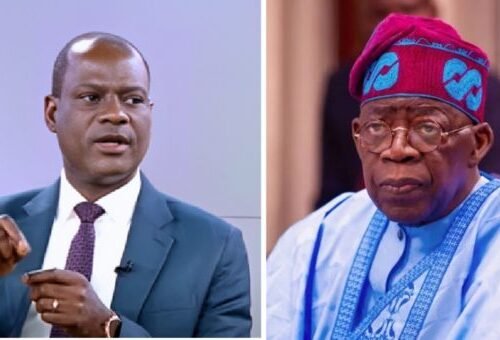*Aid Not Coming Through Govt
*Testimonies Of Nigerian Catholic Priests Vital, Congressmen Said
*’For Over 10 Years, Islamic Terror Groups Have Carried Out Mass Murder, Rape, Abductions Targeting Christians And Non-Fulani Muslims’
*It’s All Unfounded, Unsubstantiated –Bwala
By Gabriel Idibia, Kaduna, and other reports
Aside US President Donald Trump’s Nigeria terrorists’ invasion plan, American lawmakers have triggered legislative actions for sanctions against several Nigerian groups, including Miyetti Allah Cattle Breeders Association of Nigeria (MACBAN), Miyetti Allah Kautal Hore, and armed killer Fulani militias for alleged complicity in religious killings and persecution in the leading West African country.
Also, Congress has directed the US State Department to organize humanitarian aid to Internally Displaced Persons (IDPs) in Benue and Plateau States and to route such assistance through faith-based organizations only.
Local leaders of some MACBAN branches, especially during the Muhammadu Buhari administration, are on record as routinely and openly claiming responsibility for some murders,though they said such were in retaliation for earlier incidents against their members.
The US lawmakers’ move came a day before Kaduna State government unfurled a fresh peace initiative in the formerly blood-soaked North-West state, saying rather than make cash payments to bandits, it now provides them access to education, healthcare and livelihood opportunities.
The American lawmakers’ push for sanctions came through a resolution, H. Res. 860, introduced before the House of Representatives on Tuesday and published on the Congress website the following day.
The measure, sponsored by Rep Christopher Smith and co-sponsored by Rep Paul Huizenga, praised President Trump for redesignating Nigeria as a Country of Particular Concern (CPC) over religious freedom violations.
The lawmakers accused Nigeria’s leaders of allowing escalating attacks against Christians and other religious minorities, pointing to reports from nongovernmental organizations (NGOs) and media sources which chronicled mass killings, kidnappings, and the destruction of worship centers.
The lawmakers’ resolution read, in part: “For over a decade, Islamic terror groups have carried out mass murder, rape, and abductions targeting Christians and non-Fulani Muslims.”
According to it, the testimonies of religious leaders such as Father Remigius Iyhula and Bishop Wilfred Anagbe, who told a US Congressional hearing earlier this year about targeted killings and intimidation in Benue State, were important.
Supporters of the resolution said the CPC redesignation strengthens diplomatic leverage to demand accountability from Nigeria.
Furthermore, the lawmakers urged the US government to impose targeted sanctions, including visa bans and asset freezes under the Global Magnitsky framework, against individuals and entities linked to religious persecution, particularly listing MACBAN, Miyetti Allah Kautal Hore, and Fulani militias operating in Benue and Plateau States.
Aside these, the resolution directed the US State Department to deliver humanitarian aid through faith-based groups to help displaced persons in Nigeria’s Middle Belt and to ensure future American assistance is tied to measurable human-rights improvements.
The resolution was subsequently referred to the House Foreign Affairs and Judiciary Committees for further review.
Apparently responding to the US moves, presidential spokesman, Daniel Bwala, told Russia National TV that the Congress resolution was part of a media campaign aimed at discrediting President Bola Tinubu’s administration.
Dismissing the accusation of state-backed religious persecution, Bwala said such was not rooted in substance or any fact, adding that credible monitors had found no evidence supporting accusations of genocide.
Turning to President Trump, Bwala urged him to respect Nigeria’s sovereignty and avoid any plans involving the deployment of troops.
In Kaduna, the State government said its new initiative was part of incentives to end years of killings and kidnappings in the State.
State Commissioner for Information, Malam Ahmed Maiyaki, who disclosed this on Wednesday in Kaduna, said the initiative, known as Kaduna Peace Model, represented a significant shift from confrontation to dialogue.
Maiyaki, in a paper he presented at a one-day workshop on Peace Journalism, organized by the Correspondents’ chapel of Nigeria Union of Journalists (NUJ) in Kaduna State, in conjunction with Global Peace Foundation Nigeria and the State Ministry of Information, also disclosed that government has decided to reopen markets, schools, and healthcare centers that were shut due to insecurity, following requests from leaders in those sectors.
According to him, the peace model has led to substantial progress, with over 500,000 hectares of farmland being recovered and agricultural and commercial activities revitalized in Giwa, Birnin Gwari, and Kauru Local Government Areas (LGAs), hotbeds of bloodshed in previous years.
“Accordingly, markets have reopened, and 20 to 30 cattle trucks are now operating weekly on roads that were once feared by travelers,” he noted.
Maiyaki explained that the Kaduna Peace Model is founded on the principles of inclusiveness, justice, and shared responsibility, adding that it unites traditional and religious leaders, women’s and youth groups, civil society organizations, security agencies, and development partners to foster a new narrative of tolerance and peaceful coexistence.
“The model has successfully facilitated the safe release of over 500 captives through negotiations, without the payment of ransom or the use of force,” he added.
The Commissioner highlighted examples of former bandit leaders such as Jan Bros and Yellow One Million, who now serve as community peace mediators, contributing to stability in previously unstable areas.
“The peace model is effective because it is widely embraced by the people, enabling communities to collaboratively create peace rather than having it imposed by the government.
“Stakeholders, including the Global Peace Foundation Nigeria and the Nigeria Union of Journalists, have commended the Kaduna Peace Model,” he said.
Also speaking, Country Director, Global Peace Foundation Nigeria, Rev. Joseph John Hayab, urged journalists to focus on solution-oriented stories that encourage reconciliation and national healing.
In a paper, Head, Department of Strategic Communication and Media Studies, Kaduna Polytechnic, Mrs. Fatima Omone Shuaibu, emphasized the importance of unity-driven narratives that promote coexistence over division.
*PHOTO CAPTION: Rep Huizenga.

